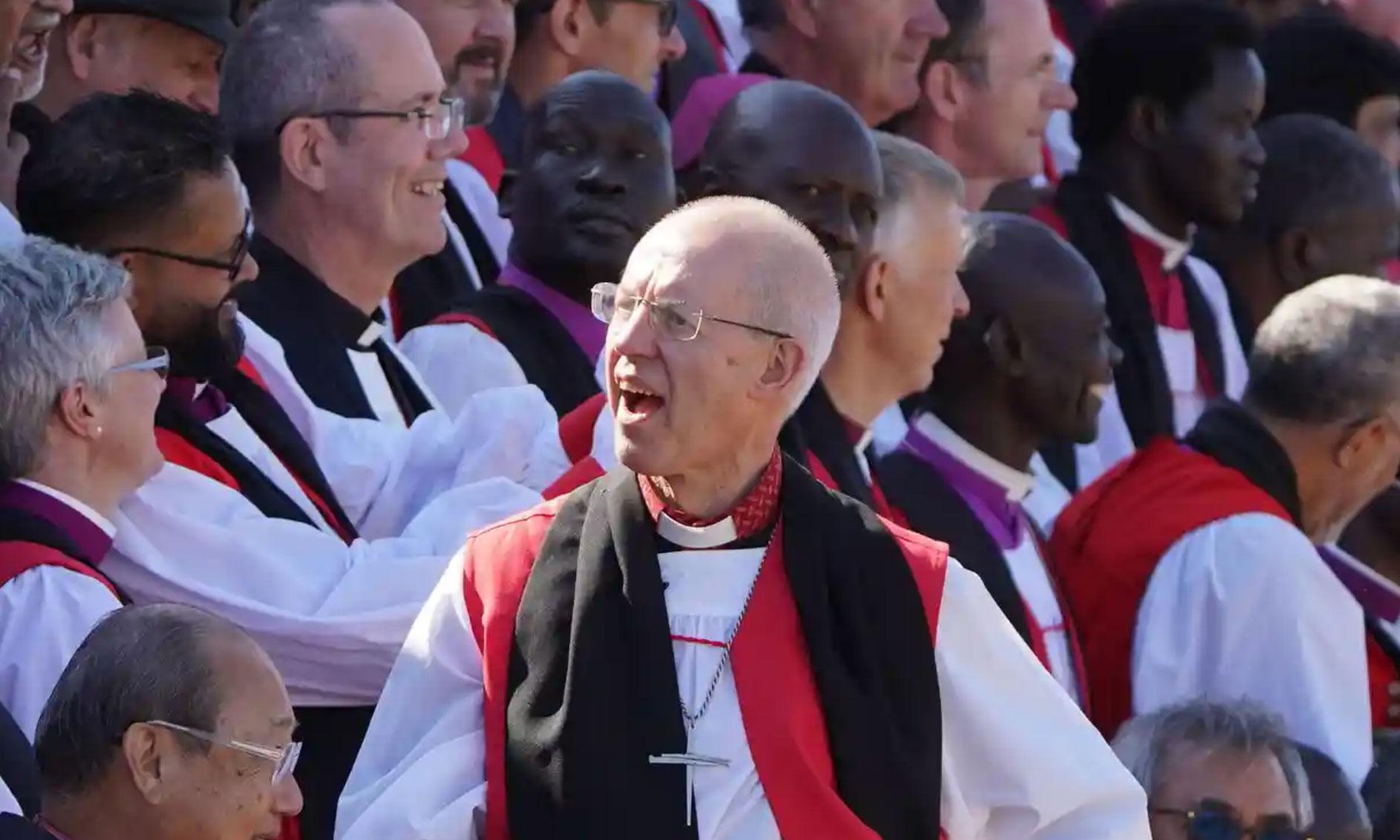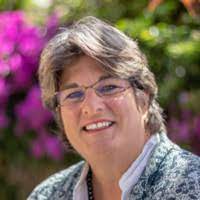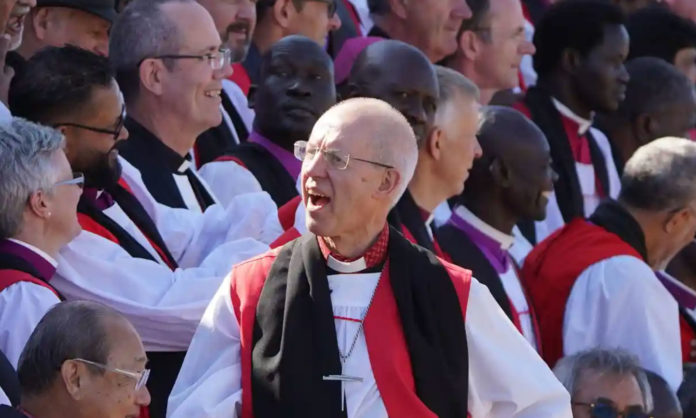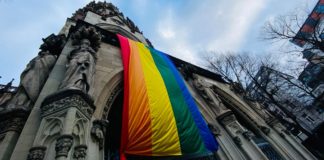Progressive Anglican bishops breathed a sigh of relief that plans for a vote against homosexuality were derailed at the just-ended international Lambeth conference of Anglican bishops. Meanwhile, separate from the formal conference in Canterbury, England, conservative Anglican bishops launched an initiative that allows bishops to show their support for the anti-homosexuality resolution that Justin Welby, the Archbishop of Canterbury, removed from the Lambeth agenda.
From the African Human Rights Media NetworkSupport the network by subscribing to this site (for free)

Leaders of the Lambeth conference of bishops representing the 85 million worldwide members of Anglican churches backed away from a planned vote on whether to reaffirm a 1998 resolution rejecting homosexuality, same-sex marriage, and gay clergy.
As the conference ended, the Global South Fellowship of Anglican Churches (GSFA) announced that among bishops at the conference, 125 bishops from 21 provinces representing 7.9 million Anglicans, had signed up in support of the anti-gay resolution. The conservative bishops said that they would also invite bishops from Nigeria, Uganda and Rwanda to support the resolution. Those bishops — representing about 27 million Anglicans — boycotted the Lambeth conference because it did not exclude bishops from Anglican churches that accept same-sex marriage and/or ordain gay bishops:
- The Episcopal Church in America;
- The Episcopal Anglican Church of Brazil;
- The Anglican Church of Canada;
- The Anglican Church of Aotearoa, New Zealand and Polynesia;
- The Scottish Episcopal Church; and
- The Church in Wales.
The GSFA bishops said that “if there is no authentic repentance by the revisionist provinces, then we will sadly accept a state of ‘impaired communion’’ with them.”
The GSFA position is not as harshly anti-gay as that of many other anti-gay churches, especially in Africa. The 1998 resolution:
- recognises that there are among us persons who experience themselves as having a homosexual orientation. Many of these are members of the Church and are seeking the pastoral care, moral direction of the Church, and God’s transforming power for the living of their lives and the ordering of relationships. We commit ourselves to listen to the experience of homosexual persons and we wish to assure them that they are loved by God and that all baptised, believing and faithful persons, regardless of sexual orientation, are full members of the Body of Christ;
- While rejecting homosexual practice as incompatible with Scripture, calls on all our people to minister pastorally and sensitively to all irrespective of sexual orientation and to condemn irrational fear of homosexuals, violence within marriage and any trivialisation and commercialisation of sex.
Progressive Anglicans remained upbeat about the conference. For example, as The Guardian reported:

“170 archbishops and bishops issued a statement affirming the ‘holiness of LGBT+ people’s love’. Many LGBT+ people had been ‘historically wounded by the church and particularly hurt by the events of the past few weeks’.
“Jayne Ozanne, a prominent campaigner for LGBT+ equality within the church, said she was ‘overwhelmed with the level of support and concern … for the global LGBT+ community.’
“Ozanne added: ‘We now need to look at practical ways to help educate people about matters of sexuality and gender identity, and to share the theological basis that has led so many to affirm and celebrate same sex relationships.’ “








